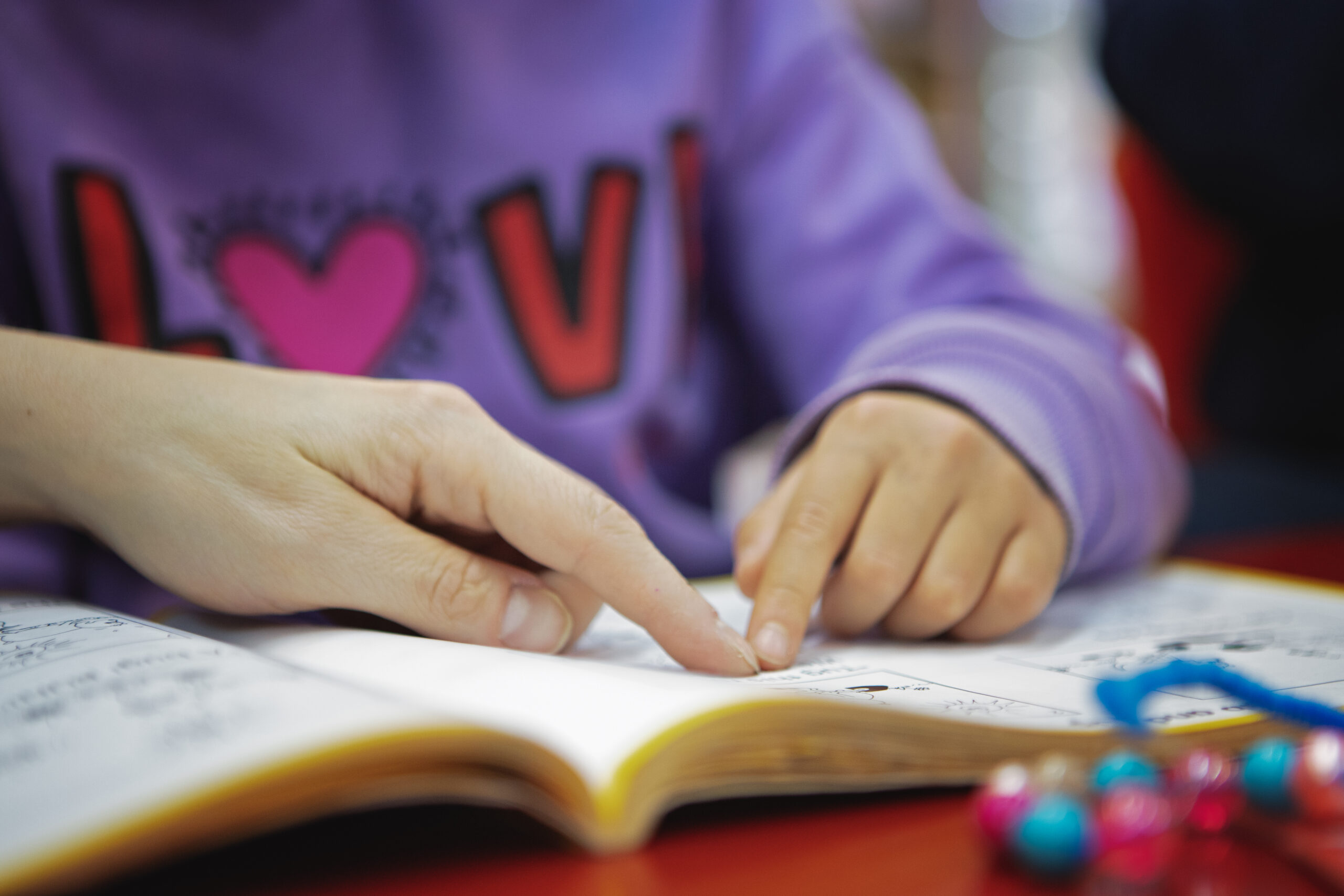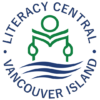


Reading and Writing
Traditional definitions of literacy usually refer to the ability to read and write. These are skills that can be developed over time, and they should be practiced regularly.
More than just knowing how to read and write basic letters and sentences (although this is a great start), this literacy means that you can understand and communicate what you have read and that you can express yourself through writing.
Numerical Literacy
In a nutshell, numerical literacy is the ability to use basic math skills in everyday life and the ability to use numbers to solve problems or manage finances. Going hand-in-hand with financial literacy, numerical literacy means:
- Understanding charts, diagrams, and data
- Solve problems
- Check answers
- Explain solutions
- Use logic
Digital Literacy
Digital literacy means being able to critically use technology, to navigate through various online forums and devices, understanding how technology works, and being able to creatively and inventively manipulate technology to solve problems. It goes hand in hand with media literacy.
Basically, being digitally literate means being able to use technology to solve problems and to express yourself. Contrary to popular belief, young people are not necessarily digitally literate just because they are competent in using technology – it depends on what they use it for.
Health Literacy
This is the type of literacy that allows you to understand the health care system, such as:
- Medications
- Communicating with doctors and specialists
- Getting the necessary help
Having poor health literacy skills is dangerous and can result in taking incorrect medications, trouble following instructions from your doctor about lifestyle, food, and referrals, missing appointments, and so on.
Financial Literacy
Going hand in hand with having good numeracy is the ability to understand and manage your finances. Financial literacy is “having the knowledge, skills and confidence to make responsible financial decisions” (Government of Canada), including:
- Understanding how finances work and applying them to your life
- Planning for your financial future and managing your personal funds
- Being confident to make important decisions
- Navigating financial systems and institutions
- Making the best use of the resources you have
Media Literacy
Media Literacy refers to your ability to understand the messages you are being told on television, radio, video games, movies, news programs, social media, and more. Essentially, media literacy means understanding:
- Media is constructed with a specific purpose in mind – it’s designed to make you think something
- People will see the same thing and understand it differently
- Constructing media is a business
- It reflects political and cultural ideas
- The type of story changes depending on the type of media
Cultural Literacy
Cultural Literacy is the ability to understand all of the subtle nuances that come along with living or working in a particular society. It consists of understanding the language, methods, assumptions, and unstated ideas that make up a way to behave and communicate. It’s specific to each culture, even the particular cultures that develop in a workplace or school, and most people are only literate in their own culture.
The benefit to having a good understanding of cultural literacy is knowing how to avoid misunderstandings and communicate well with people of other cultures. Knowing your own cultural literacy makes you more empathetic and aware of others.
Emotional/Physical Literacy
Emotional literacy – Identifying, validating, and expressing your feelings, as well as recognizing and responding to the feelings of others.
Physical literacy – The development and repeated use of fine motor skills, balance, confident movement, and the enjoyment of being able to move with skill. Developing this literacy at an early age allows children to learn and think more easily. However, improving physical literacy is important at every age.
How do these relate to one another? Having competent physical literacy is a fundamental tool for the development and expression of emotional literacy. In other words, the more comfortable you are in your own body, the more in tune you will be with your own feelings, and the more in tune you will be with the world.
This resource is sourced by https://gaspelit.ca/types-of-literacy/
